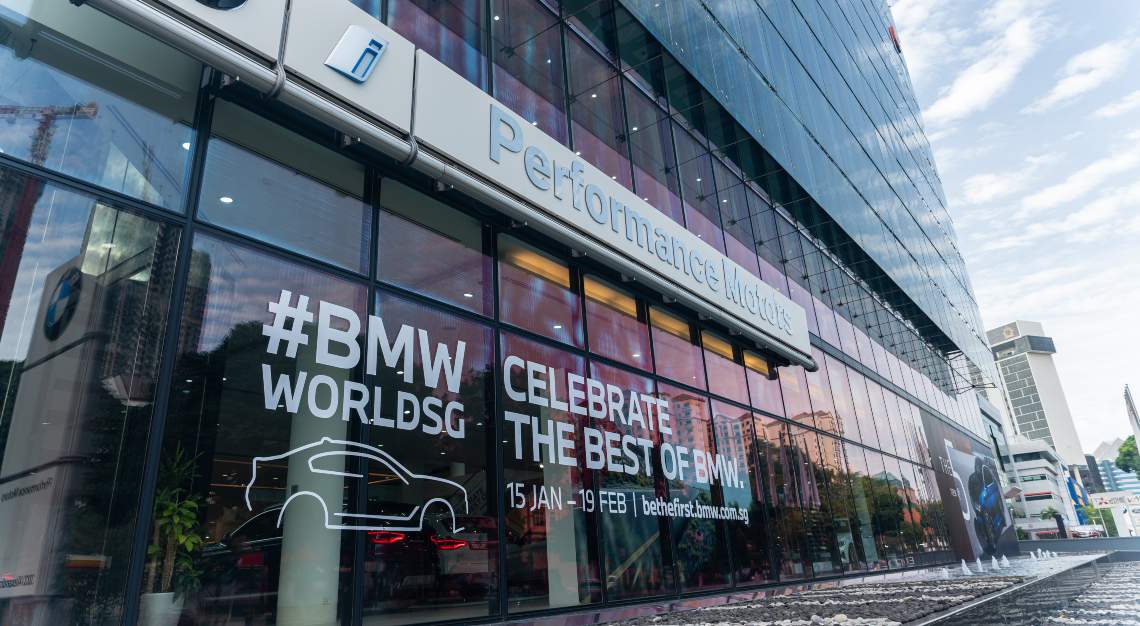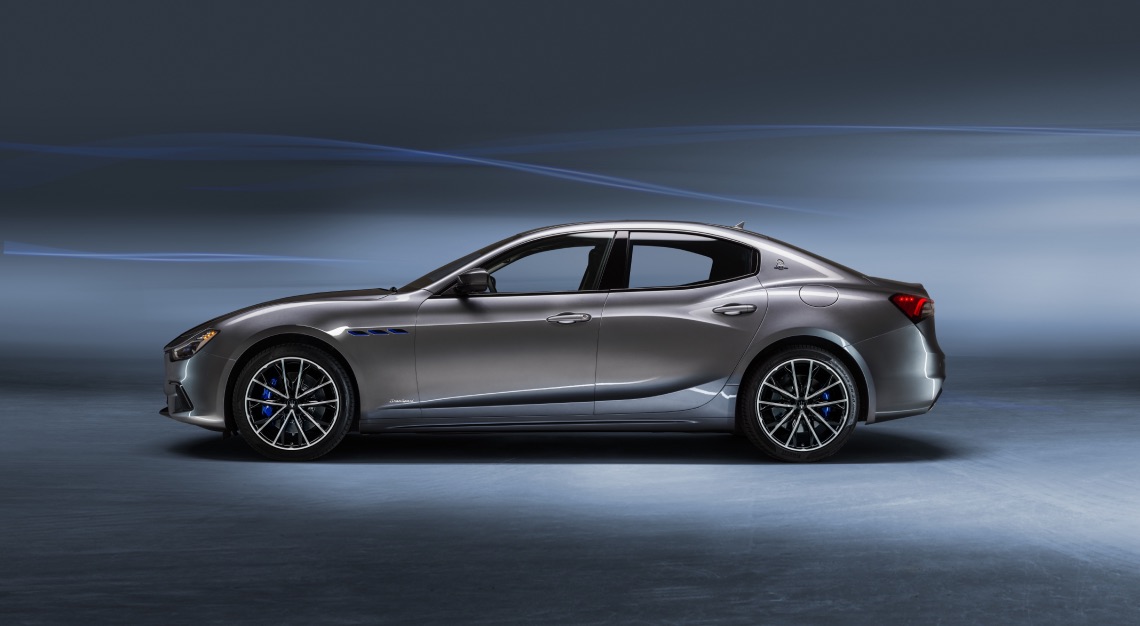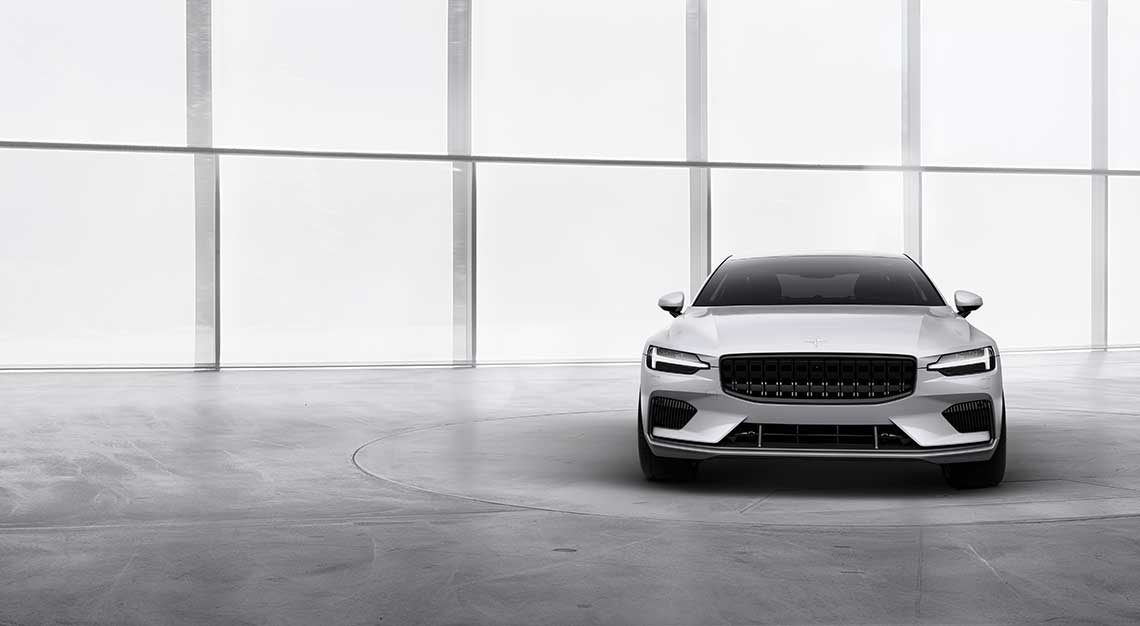In more ways than one, driving the McLaren 720S is like steering a business. Juliana Chan of Wildtype Media shows us how
I’ve found the perfect neighbour. Sat at the table, she beckons me to my seat, sieves through the menu and urges me to pick a dessert.
Juliana Chan seems like a next-door brunch buddy who would send a turkey your way because she’d mistakenly ordered an extra bird; a neighbour who would honk you out of bed to join her on a joyride – albeit a short one around the block – in a McLaren 720S.
That’s precisely how she spent her weekend, sans the turkey. Our conversation swiftly turns to the supercar, naturally. Me time on the highway aside, Chan spent much of the day ferrying excited family members, along with random car buffs who found their way to the car like bees to honey.
It was a weekend to remember for all involved – the reverence of strangers who gravitated to her gallant steed and the unexpected bonds that formed through an offer of a short ride. Chan understands what it means to them. Growing up, she spent most of her time in her mother’s optical store, so she knew from an early age how the simple act of buying a pair of Guccis can make customers feel. “The one who closes the deal is the one who can make you feel more confident or happy about your decision,” she recalls.
She is well aware of the 720S’s prowess, but to experience it first-hand is another thing altogether: “Most Italian cars are luxury cars with speed; this is like a Formula 1 car with amenities to make it enjoyable. You buy this car because you want performance, I feel. And people respect that.”
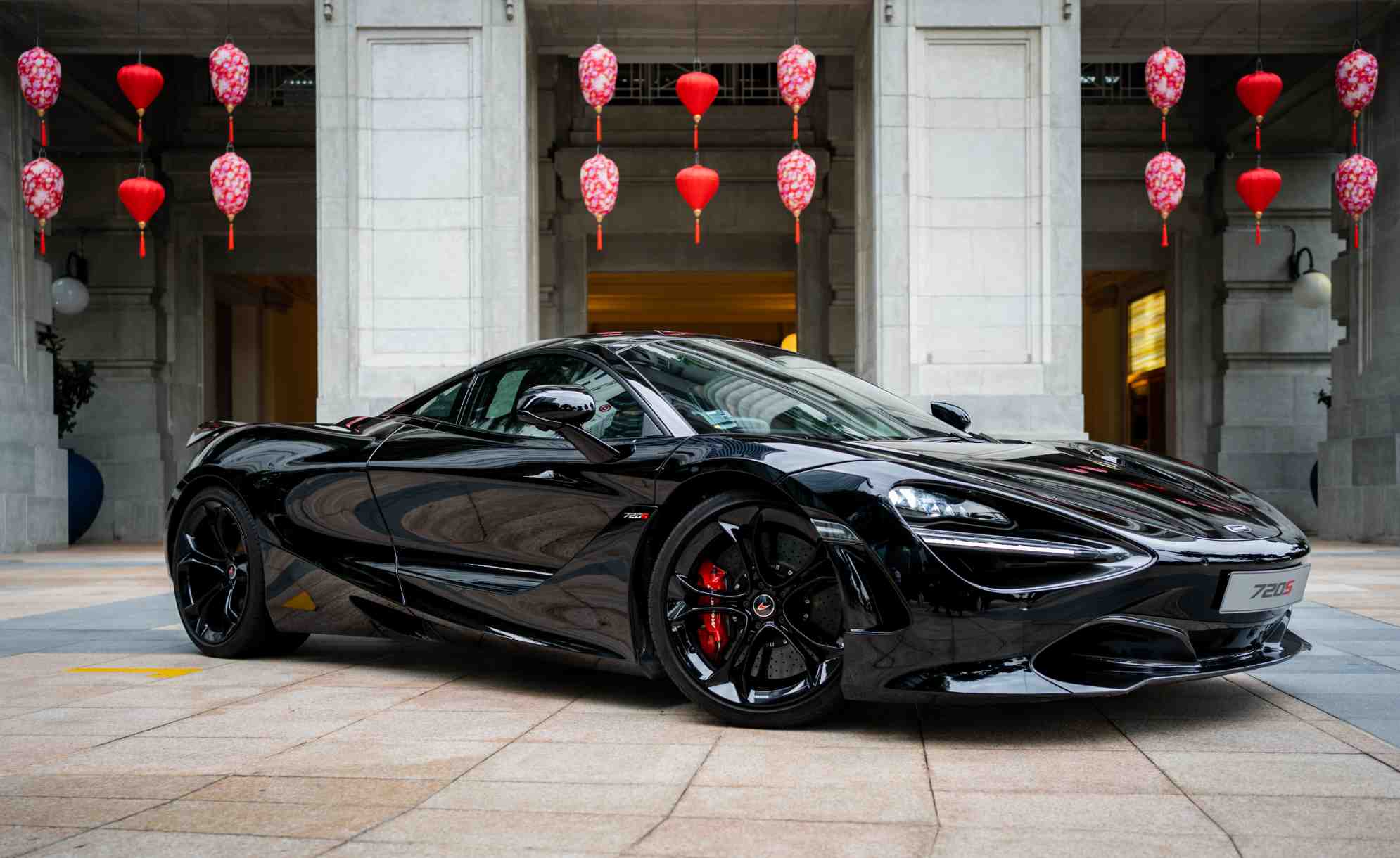
Chan’s everyday drive is a stark contrast to the debonair savage that is the McLaren. To her, the SUV is the perfect ride to get her children from point A to point B, and I imagine that no one in their right mind would consider negotiating dihedral doors in a narrow parking lot while trying to rush the children to their next class to be as fun as whizzing around a race track.
My mistake is to assume that her choices are shaped by pragmatism, but it’s a lot more nuanced than that. Because never once did Chan pick the easy path at every important juncture in her career.
Having interned at Changi General Hospital at an early age, she promptly decided that an onerous (her word) career in medicine was not to be her calling. Children of Asian upbringing will instantly know the context of this situation and will understand why she ended up seeking a scholarship on her own to pursue an education on her terms.
That eventual scholarship with A*Star would prove momentous in many ways; she was in the pioneering batch of scholars, where then-chairman Philip Yeo had sought to promote a more gender-diverse roster of scholars. She considered herself fairly woke at the time, and the progressiveness displayed was, to her, a refreshing change of pace.
Chan diligently worked her way up to assistant professor at the Lee Kong Chian School of Medicine while starting Asian Scientist Magazine along the way. Then once again, she had a life-changing decision to make. In the fourth year on the tenure track, she was effectively made to choose: give up Asian Scientist, her pet project which had been making steady progress, or give up her academic career, from which there is no return.
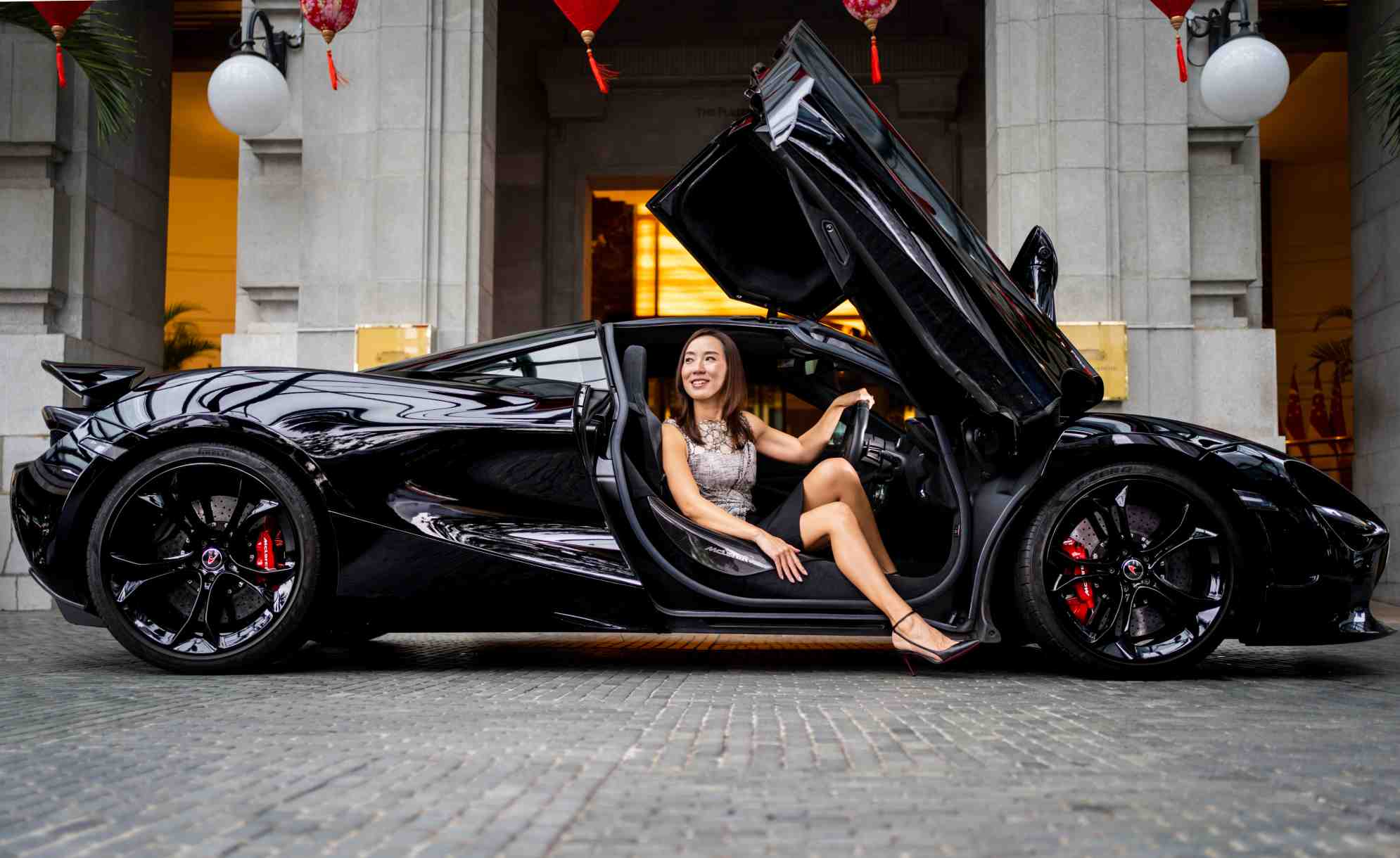
At the time, Chan had always seen herself living out her working life in academia, securing tenure and working on her news site. But she had just delivered a second child, and the added pressure of ramping up her output to apply for tenure meant that she had reached a breaking point. But it’s a lot to walk away from. Named one of the top 10 young innovators in Asia by MIT Technology Review in 2014, she holds four US patents of which three have been licensed for commercialisation. She had what it took. But something had to give, and for her, the choice was clear.
“I figured my value was better served to society doing Asian Scientist full-time,” she recalls. “It grew organically to a point that I realised I could do it as such. But I had never thought about doing it as a full-time job. I always thought about it as a passion on the side.”
Science communication was an area that Chan felt was lacking in this part of the world, which was the reason Asian Scientist was founded. It was also her creative outlet; something that she could not fully exercise despite the large volumes of writing that she did in an official capacity. And so in 2018, Chan founded Wildtype Media Group, a STEM (science, technology, engineering and mathematics)-focused multimedia company that covers traditional and new media publishing and events, as well as developing communication strategies for academic and industry partners.
But COVID-19 hit Chan hard. She was still busy figuring out accountancy, finance and human resources, among other things, when life decided she needed to fast-track the crisis management course for good measure. But the experience only served to galvanise her to cement Wildtype as Asia’s leading STEM-focused company. “If I could survive the worst global recession in a decade without having to retrench anyone and grew my team, then honestly, it will take a lot to scare me right now.”
Transitioning to CEO was naturally fraught with challenges, but Chan noted that it didn’t change her profession; it merely changed the way she approached it. She still deals with her ex-colleagues, which helps tremendously because they trust her completely with their work.

There is one key difference: she now owns a platform and is better placed to make a difference in areas such as diversity and inclusion in the field of science. Chan is also a regular speaker at conferences, panels and workshops, and is an active Young Global Leader with the World Economic Forum; when we spoke, she was mulling over whether to accept an invitation to speak at Fondation L’Oréal and UNESCO’s inaugural For Women in Science Festival in Paris on 20 and 21 October, given the added complications of travel these days.
The topic of gender equality is an area close to her heart, having spent most of her career in a male-dominated environment. “Do you watch Netflix? You have to watch The Chair to understand my world,” she quips. And she’s taking it upon herself to generate awareness for the marginalised: helping promising Asian scientists, especially the young and female, to gain exposure, and to help them establish themselves as key opinion leaders in their fields.
And in keeping with her belief in raising awareness for the marginalised figures in her industry, she’s bringing back the Lab Tech of the Year Awards to celebrate the unsung heroes of the industry, especially those who have gone above and beyond in their contributions in fighting the pandemic. She knows how a simple act can make them feel.
So how is this lifestyle of advocacy any less hectic than fighting for tenure? For one, her father’s declining health convinced her that life is too short to be stuck doing things she did not enjoy. “You need to be happy today. If you don’t do what you need to do today, there may not be a tomorrow,” she muses.
Chan stares into the distance briefly, then breaks into a giggle. The thought that her career could be likened to cars had just crossed her mind. Her SUV resembles her academic career: it’s conservative, reliable, and gets her from A to B. She quickly dismisses the idea that Wildtype is a supercar-level business, but acknowledges the similarities in taming both beasts.
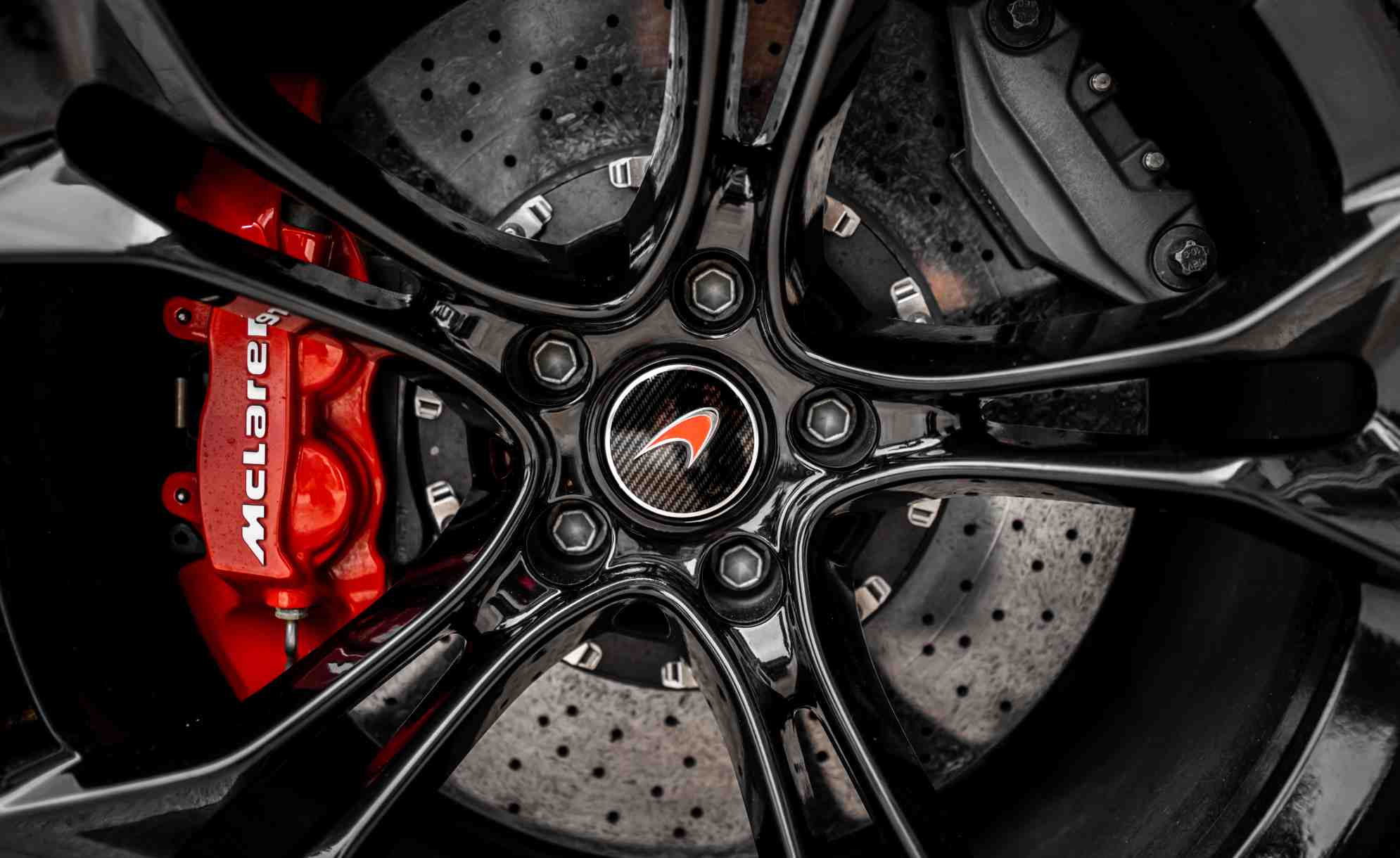
“When I drive the 720S, there’s always a hint of fear because it’s so fast and I don’t want to crash it. There’s always a bit of risk. When you accelerate, my goodness, it just shoots off. It’s so liberating. It’s very raw, it’s very passionate. You can hear the engine roar and exhaust notes, and you’re slung so low you’re almost touching the ground. You have to be 100 per cent there, totally focused in the moment.
“In some ways, that kind of thrill is also like running a business – there’s a thrill of having nothing left out there to protect you. It’s just you and your ideas, your business plan and strategies – you, the car and the road,” she explains. She has seen several start-ups abandon ship at the first sign of failure because its founders had other plans to fall back on. She believes that you are only truly ready when you are prepared to throw yourself completely into your work. No plan Bs.
Chan hesitates for a moment, then proceeds to add a disclaimer that she could be a beneficiary of survivorship bias – for every success touted in the media, there are countless failures. But she insists that it changes nothing. “A lot of people may fail at first, but at the end of the day, that’s the only way to do it.”
Spoken like a true woman of science, indeed.
This story first appeared in the October 2021 issue. Purchase it as a hard or digital copy, or consider subscribing to us here

